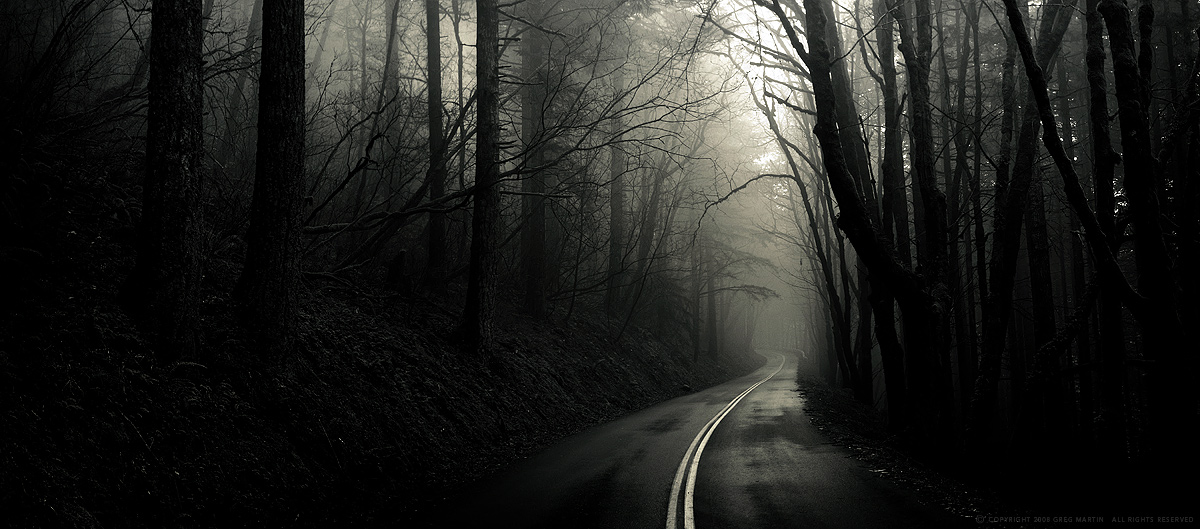Where does the road end for the “bad and the ugly”?
Bad and Ugly?
Much like the classic 1966 Spaghetti Western movie, starring Clint Eastwood, “The Good, the Bad and the Ugly,” we automatically judge people.
We separate them into “us and them,” the “good guys” and the “bad guys.” Why would we judge people like that? Well, we look at the evidence, and it seems the obvious conclusion.
Every day we read of cold-blooded murder, violence, people causing hurt, pain, death and destruction.
Very often such people get away with it. They don’t get caught and punished. It’s at moments like that we cry to God. “Why?”
It seems the good guys often suffer, while the bad guys often seem to prosper.
“Life’s not fair,” we complain.
“They won’t get away with it for ever,” says the religious person. “God will eventually make sure they pay for it. If not in this life, then in the afterlife.”
So, what exactly will happen in the afterlife?
Many mainstream religions teach eternal punishment, “Hell-Fire”. In the Bible, Jesus teaches “good guys” and “bad guys,”the “sheep” and “goats.”
The “sheep” go to Heaven, the “goats” go to the eternal Flames. God’s “Final answer.”
Some theological thinking
I must confess, as a lifelong Catholic Christian, retired priest, monk and theologian, I believed all that.
Now I simply can’t believe that God’s like that. At all!
Why not?
Jesus gave us the “Our Father.” God’s not an almighty tyrant, He’s our infinitely loving Father. The Bible tells us that God always brings home “the lost sheep.” God never abandons the “prodigal son.”
Many theologians now understand that “Hell-Fire” is a metaphor for the often extremely painful cleansing process we undergo after death. Such cleansing is not a “punishment;” rather it’s what we ourselves will want when we finally, and fully, recognise the bad things we’ve done here on earth
If God really is our father, there’s no way He could send His own children to Hell-Fire, understood in the literal, traditional sense.
Would any loving human father, with even an ounce of love in his heart, send his own child to an eternity of relentless suffering? Even to say it sounds crazy.
Can any father stop loving his own child? Think about it.
A father’s awesome love
The child does wrong. The father’s automatic response would surely be “I don’t care what he’s done, he’s my child, and I still love him.”
So, does that mean the father’s indifferent to his child’s evil? Not at all. No doubt he would want to make up for the evil done, in every way possible.
But, and this is the point, that doesn’t mean he would want unending suffering for his own child.
Surely an infinitely wise God must have a way of sorting things out; a way that doesn’t demand infinite suffering as a punishment!
Even in traditional, hard-line Catholic terms, we have a way out of this dilemma. Even in fallible human law, we say that the punishment should fit the crime. Surely the sinner could stay in Purgatory, long enough to be cleansed, and ready for Heaven?
Is not an infinitely loving Father God also wise enough to find a way to bring us all to love, reconciliation, justice and peace?
Some suggestions for our love
Where does all this leave us, in this world full of suffering and pain?
First, don’t add to the pain. Do good, as much as you can. Just love, give, serve, and accept everyone as brothers and sisters.
Let’s leave any judgement to God, our Loving Father, confident that He alone can make all things right in the end. The lost sheep goes home, the prodigal son eventually gets to the banquet.
Peace and love to you and yours.
Gerry McCann
If you found this post helpful, then please feel free to share it.



